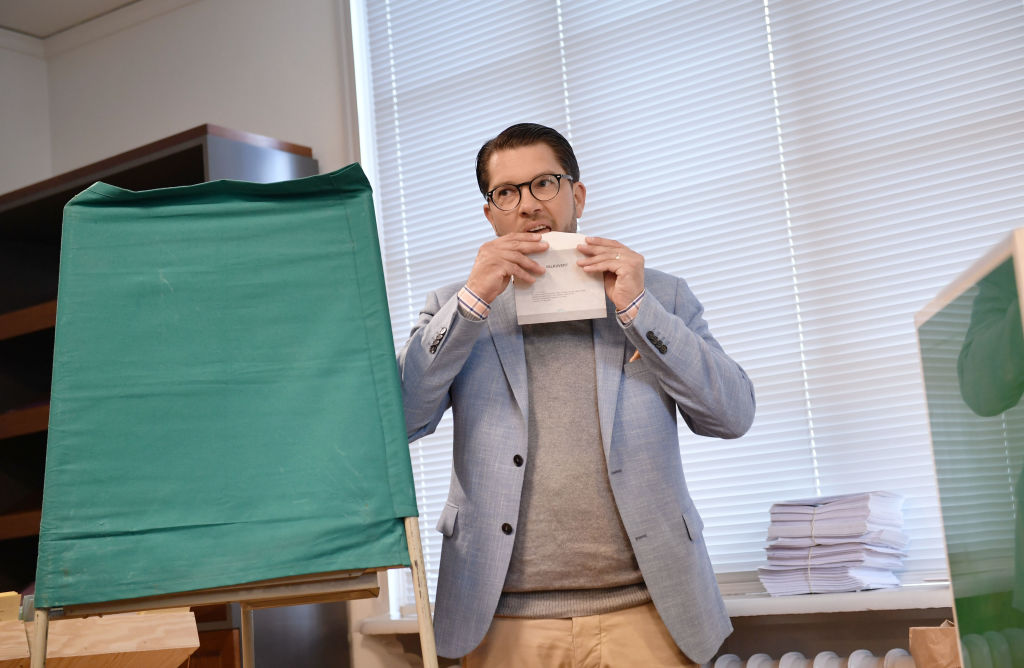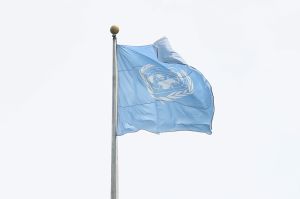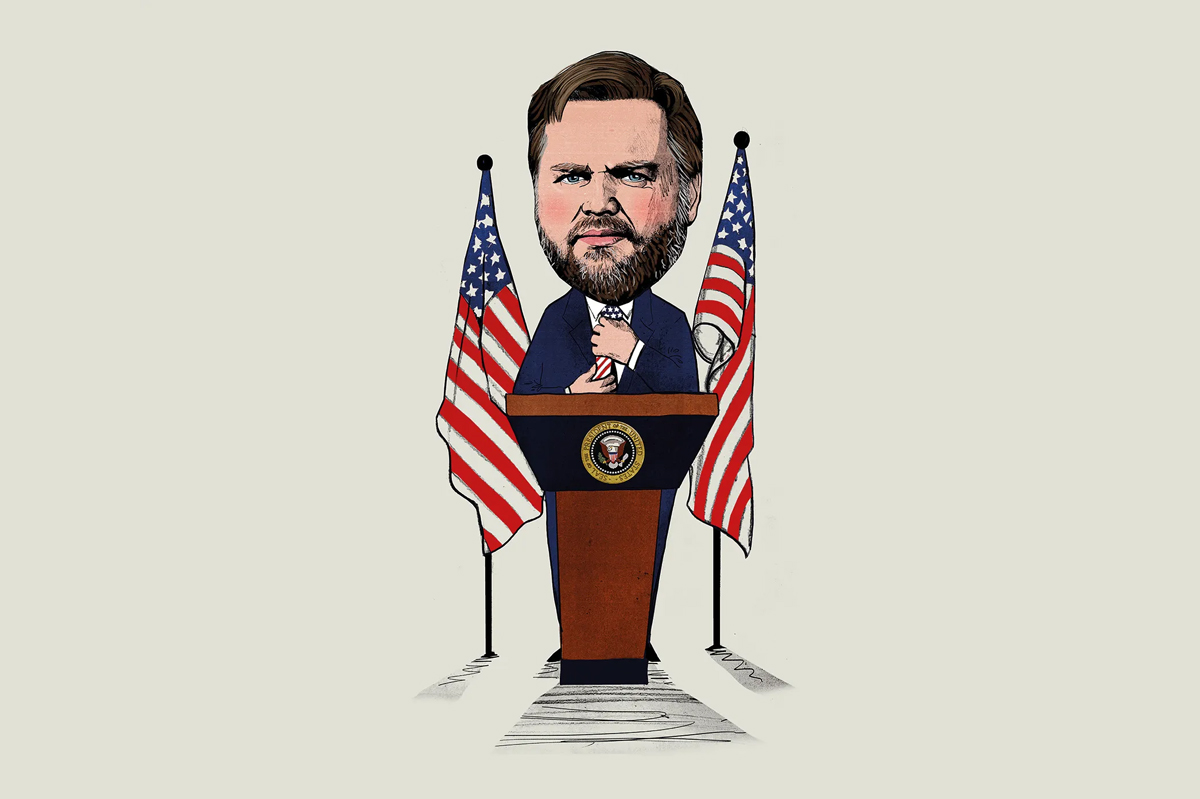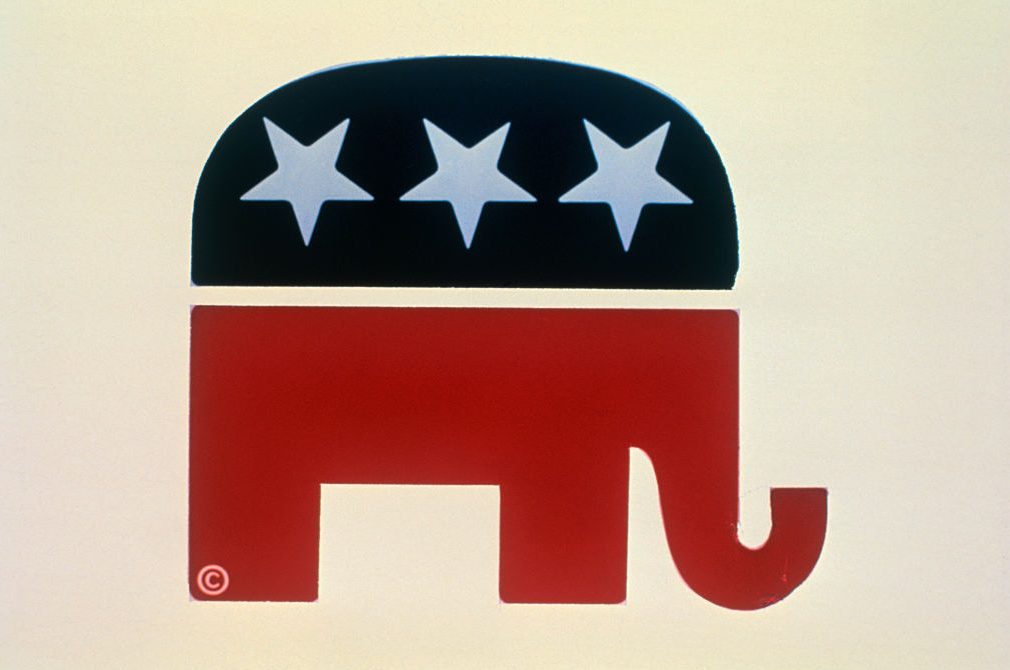Today the Swedes go to the polls in one of the most significant bellwether-elections in Europe this year. The international press has been taking an unusual interest in these elections because the Sweden Democrats look set to do fairly well, perhaps coming second if not first.
Readers of The Strange Death of Europe will know that I spent some time with members and leaders of that party during research for that book. Nothing that has happened since then (summer 2016) has changed my views of the party or the political establishment’s attitudes towards it.
However, one thing that has happened on the eve of the vote is especially in keeping with what was to be expected. Prime Minister Stefan Lofven has made one last attempt to scare voters into voting for his centre-left Social Democrat party. On the eve of voting this has included him warning that a vote for the Sweden Democrats would be ‘dangerous’ and ‘counterproductive’. He has talked of ‘extremism’ and ‘fascism’. But most striking was this phrase from Lofven. He claimed that voting for the Sweden Democrats would be ‘like trying to quench fire with alcohol.’
This is a common theme among the establishment parties in Europe. After the offices of Charlie Hebdo were fire-bombed in 2011, the then French Foreign Minister Laurent Fabius attacked the magazine for daring to blaspheme Islam: ‘Is it really sensible to pour fuel on the fire?’ he asked.
Now the Swedish people have the opportunity to ask the question that the French and other publics had a chance to ask – and answer – before them.
Prime Minister Lofven was the Prime Minister in 2015 who decided to open the borders of Sweden to anyone from anywhere in the world who made it there. His decision added around 2-3 per cent to his country’s population in a single year.
He did not have to take that decision. He could have chosen to go the path of Norway or Denmark, both neighbouring countries which held on to more prudent immigration policies and which have hardly descended into barbarism. But Lofven chose to not to walk that prudent path. He chose to gamble with his country’s future. Which is why violent crime, car-burnings and the like have soared in Sweden. Indeed it is why the country’s situation has got so bad that even the New York Times has had to cover it. In March they even ran a front-page story about the increase in grenade attacks in Sweden. Their headline was ‘Hand grenades and gang violence rattle Sweden’s middle class’. To which one is tempted to reply: yes, well they would, wouldn’t they?
So when Lofven says that voting Sweden Democrat is like ‘trying to quench a fire with alcohol’, the Swedish electorate might use the opportunity to reply, ‘And who put our country on fire in the first place?’
This article was originally published on The Spectator’s UK website.

























